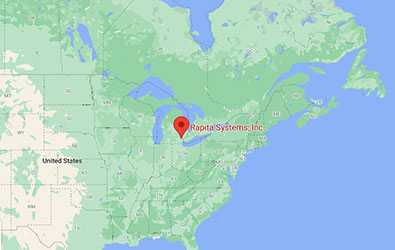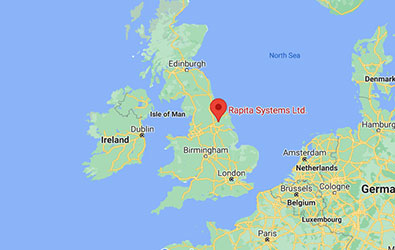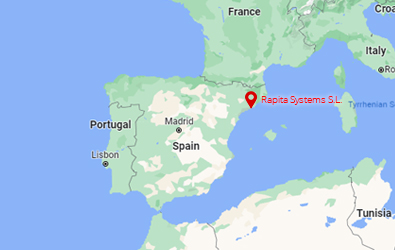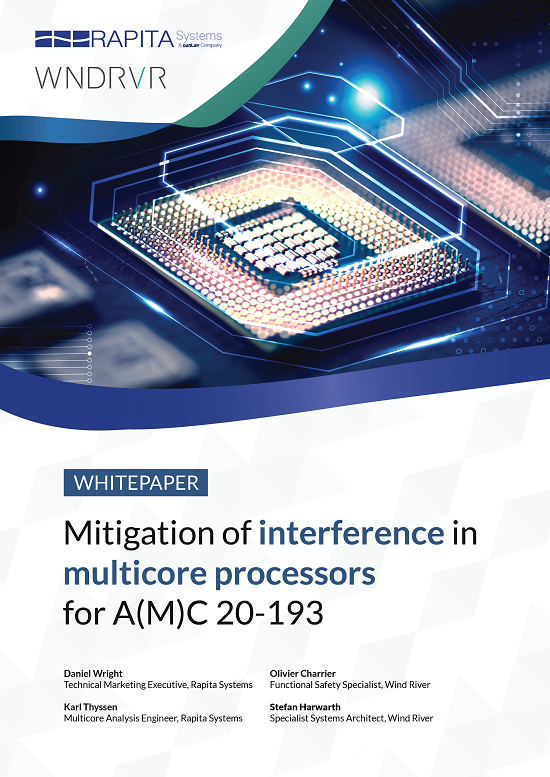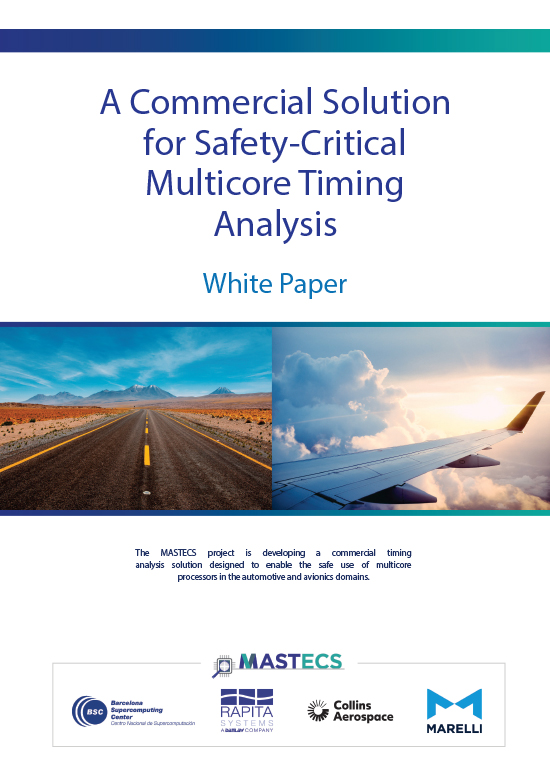Most processors now use caches to reduce the average time to access memory. What do you need to know about the possible pitfalls of using caches? Here's a practical example. If an access to memory that would normally require 4 cycles is replaced by a cache access (accessed in 1 cycle), the memory appears to be 4 times faster.
The drawback is that an access to memory that does not hit the cache now takes 5 cycles (1 cycle to check the cache + 4 cycle for accessing the memory).
Also, if the cache misses it has to evict one of the existing entries in order to make room for the new entry.
As an example, let's assume that this very simple software is executed on a processor with direct mapped cache.
void f0 (void)
{
for(;;) {
f1();
f2();
}
}
Assuming this is the only code executed, if the functions f0, f1 and f2 do not conflict in the instruction cache, then the cache hit ratio for this code would be close to 100% (because after the first execution of f0, f1 and f2 all their code is in cache).
Now, in the very unlikely case where f0, f1 and f2 have the exact same size and that all their instructions conflict in the cache (i.e. their addresses modulo the size of the cache is the same), the cache hit ratio would be 0%, and the code would be executed a lot slower. In fact it would be even slower than not having a cache at all.
However unlikely, such a behaviour is possible. So what can trigger it? Various factors are to be considered: cache configuration, execution path, size of the code and location of the code in memory.
This last one is particularly interesting as it is usually neither controlled nor considered as a risk.
Although we usually tell the linker where we want or code to reside in memory, we don't consider the order. For example we might compile like this: gcc *.c -o all.elf
In this example (see figure), all the difference between having 0% of near 100% hit ratio can be made by either compiling like this:
gcc f0.c f1.c f2.c f3.c f4.c f5.c f6.c -o all.elf
or like this:
gcc f0.c f3.c f4.c f1.c f5.c f6.c f2.c -o all.elf
See also:
- http://en.wikipedia.org/wiki/CPU_cache
- http://hal.archives-ouvertes.fr/docs/00/33/65/26/PDF/mezzetti.pdf

 Hybrid electric pioneers, Ascendance, join Rapita Systems Trailblazer Partnership Program
Hybrid electric pioneers, Ascendance, join Rapita Systems Trailblazer Partnership Program
 Magline joins Rapita Trailblazer Partnership Program to support DO-178 Certification
Magline joins Rapita Trailblazer Partnership Program to support DO-178 Certification
 Eve Air Mobility joins Rapita Systems Trailblazer Partnership Program for eVTOL projects
Eve Air Mobility joins Rapita Systems Trailblazer Partnership Program for eVTOL projects
 How to certify multicore processors - what is everyone asking?
How to certify multicore processors - what is everyone asking?
 Data Coupling Basics in DO-178C
Data Coupling Basics in DO-178C
 Control Coupling Basics in DO-178C
Control Coupling Basics in DO-178C
 Components in Data Coupling and Control Coupling
Components in Data Coupling and Control Coupling
 DO-278A Guidance: Introduction to RTCA DO-278 approval
DO-278A Guidance: Introduction to RTCA DO-278 approval
 ISO 26262
ISO 26262
 Data Coupling & Control Coupling
Data Coupling & Control Coupling
 Verifying additional code for DO-178C
Verifying additional code for DO-178C
 DO-178C Multicore In-person Training (Bristol)
DO-178C Multicore In-person Training (Bristol)
 DO-178C Multicore In-person Training (Fort Worth, TX)
DO-178C Multicore In-person Training (Fort Worth, TX)
 DO-178C Multicore In-person Training (Toulouse)
DO-178C Multicore In-person Training (Toulouse)










